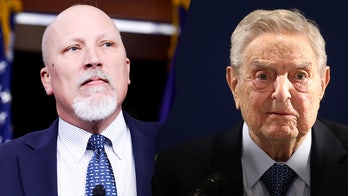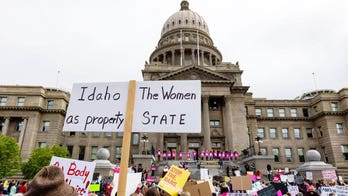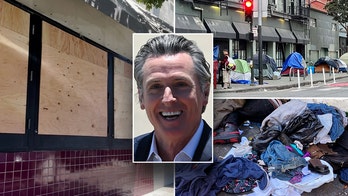Gov't acknowledges Ground Zero-cancer link for first time
FDNY first responder Tim Brown weighs in on 9/11 anniversary
The federal government for the first time Monday acknowledged a link between the toxic conditions at Ground Zero after the Sept. 11, 2001, attacks and several different kinds of cancer.
The Centers for Disease Control and Prevention released a final rule officially recognizing that first responders and others at the World Trade Center site could have gotten cancer from the exposure. The move means cancer victims will be able to apply for federal compensation from the $2.8 billion fund established under the James Zadroga 9/11 Health and Compensation Act.
"The publication of this final rule marks an important step in the effort to provide needed treatment and care to 9/11 responders and survivors through the WTC Health Program," John Howard, director of the National Institute for Occupational Safety and Health, said in a statement.
Those applying will still have to go through a certification process with the government to determine whether their medical condition is deemed linked to exposure at Ground Zero.
More than a dozen types of cancer -- including skin, breast, stomach and colon cancer -- are potentially covered under the compensation fund. The fund already covered conditions like asthma, post-traumatic stress disorder and a range of lung and airway disorders.
Sheila Birnbaum, special master of the September 11th Victim Compensation Fund, released a brief statement Monday afternoon explaining how the process going forward will work. She said anyone diagnosed with one of the cancers listed in the final rule can apply for compensation but will have to meet certain criteria like proving a "physical presence at one of the crash sites between September 11, 2001 and May 30, 2002."
Despite more potential victims qualifying as a result of the government's decision, the size of the compensation fund is not expected to increase.
Congress has allocated a fixed amount of $2.775 billion for victims. Of that, $875 million can be distributed in the first five years of the program -- the rest can be paid after that.
According to 2010 statistics from the New York State Department of Health, nearly 350 first responders from 9/11 had died of cancer at the time.





